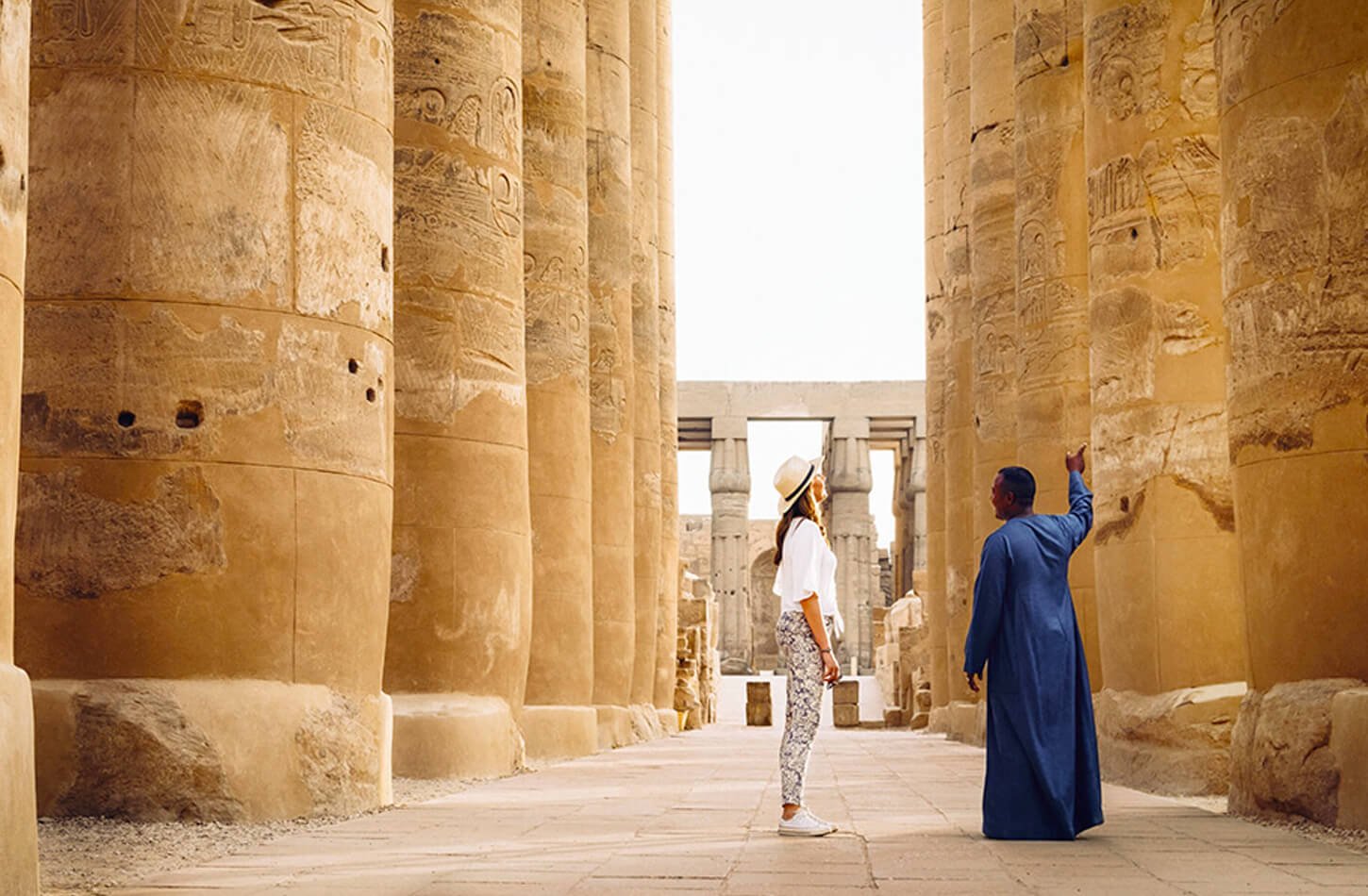
Standing before the Pyramids of Giza, I felt the weight of history in the air. But I also felt the thrill of exploring a place that’s been welcoming travelers for millennia. Egypt’s ancient wonders and vibrant culture are worth every moment of preparation.
Yet, you might wonder, “Are Safety Tips for Traveling in Egypt really enough?”
Here’s the truth: over 5 million visitors in 2018 returned home with stories, not scares. With 99.99% of tourists leaving without violence, Egypt’s improved security has turned the tide. But smart travelers still stay alert. This guide blends my firsthand lessons with Egypt travel safety tips to help you embrace the magic without missing a beat.
Imagine sipping mint tea in a Cairo café, bargaining in Luxor markets, or sailing the Nile at dusk. This isn’t about fear—it’s about knowing where to focus. Ready to turn curiosity into confidence? Let’s unpack how to protect what matters most: your peace of mind.
When I first planned my trips to Egypt, I heard the same questions: “Is it really safe?” The answer? Absolutely—if you’re prepared. In 2018 alone, 5 million tourists visited Egypt, and 99.99% left with only positive memories. Modern Egypt balances rich history with robust safety measures tailored for visitors. Walk through Cairo’s bustling markets or Luxor’s ancient temples, and you’ll see visible security—tourist police patrols, well-lit streets, and staff trained to assist travelers.
Regional differences matter. Cities like Sharm El-Sheikh and Hurghada operate like secure hubs, with strict checks at resorts. Cairo feels like a dynamic metropolis—think New York or Mumbai—where common sense safety precautions Egypt travel demand apply: keep valuables discreet, use registered taxis like Uber, and avoid isolated areas after dark. The government’s focus on tourism means popular sites like the Pyramids and the Valley of the Kings have layered security, making them among the safest spots.

Safe Travel Egypt tips start with awareness. Stick to well-trodden paths, carry copies of your passport, and respect cultural norms like modest dress in religious sites. Egypt’s healthcare in cities like Alexandria is reliable, but always pack bottled water and check vaccine recommendations. Before booking, review advisories from the U.S. Department of State—they’ll highlight areas like North Sinai, which remain off-limits. With these basics, you’ll enjoy Egypt’s wonders without fear—just the thrill of discovery.
Getting ready for your Egypt trip begins long before you fly. My first trip showed me that good planning makes you feel sure. Start by checking the U.S. Department of State’s travel advisories. Knowing places like the Sinai Peninsula beyond Sharm El-Sheikh is key.
Sign up for your embassy’s travel registration system. I keep digital and printed copies of important documents with a trusted friend. This makes sure help is easy to find if you need it. Also, get travel insurance that covers medical evacuations. Egypt’s remote areas need this.
Packing right means safety and respect for the culture. I always use a cross-body bag and a hidden money belt. Wear clothes that cover your shoulders and knees for Egypt’s climate and culture. Don’t forget a portable door lock, a reusable water filter, and Arabic phrase apps like iTranslate Voice. Offline maps from Google Maps are great when Wi-Fi is gone.
Make sure you know the visa rules: U.S. citizens get a $25 visa on arrival for 30 days. Carry your passport with at least six months left before it expires. When booking tours, ask about cancellation policies. Knowing this ahead of time avoids stress.
These Tips for safe travel in Egypt are your safety foundation. By following these steps, you can enjoy pyramids and bazaars without worry. Every detail is important for a safe Egyptian adventure!
Every trip to Egypt is a mix of wonder and wisdom. Here’s how to make your journey exciting and safe. I’ve learned that traveling safely in Egypt begins with small, smart choices. Follow these steps to feel confident while exploring:
These steps follow Egypt travel safety guidelines from locals and experts. Stay curious but cautious, and enjoy every moment without worry. Your checklist is ready—now go discover!
Imagine you’re in Cairo, ready to see the sights. But how do you get around without worry? I’ve got tips to make your travel easy. Always agree on taxi fares before you start. In cities like Cairo and Alexandria, metered taxis are best. But, make sure to set the price first.
Ride-sharing apps like Uber and Careem are great in big cities. They show you the cost upfront, which is good for Safety Tips for Traveling in Egypt!
Public transport is cheap but you need to be careful. The Cairo Metro has women-only cars on weekdays. This makes rush hour safer. On buses and trains, keep your bags close, and use intercity services with caution.
Carry a translation of your destination in Arabic. This helps avoid getting lost. And, get a sim-card at the airport. Being connected means you’re always on track.
Trains are a beautiful way to see Egypt, but they can be late. Book your tickets early to avoid online problems. First-class sleeper trains to Luxor cost about $60. Buses like Superjet offer comfort at a lower price.
Microbuses are fast but can be overwhelming. Sit in the front for a better view. If you rent a car, remember drivers must be 25–70 years old. Speed limits are 56mph outside cities.
Always stay on highways. If you’re taking a bus, look for air-conditioned seats. Services like Nile Shuttle even have Wi-Fi. And, double-check Arabic numbers at stations to catch the right train or bus!
With these Secure Travel in Egypt tips, you’ll travel with confidence. Whether haggling over a taxi fare or enjoying a sleeper train, Egypt’s transport is all about being flexible. Trust your gut, ask locals, and enjoy the ride!
Traveling in Egypt taught me a big lesson: cultural respect is key. Wearing sandals or a sleeveless shirt in a mosque can upset locals. Dressing modestly, covering shoulders and knees, shows respect, and gets you a warm welcome.
Be careful with photos near military or government buildings. While pyramids are okay for photos, some places are not. Always ask before taking pictures. A simple “mumkin?” can help build trust.
When bargaining, stay friendly. Avoid loud arguments over prices. Smile, joke, and find a middle ground.
Small gestures matter a lot. Remove your shoes before entering mosques and churches. Use your right hand for eating and giving gifts. Saying “As-Salaam-Alaikum” can turn strangers into friends.
Health is also important. Drink bottled water and avoid street food. Don’t waste water—it’s precious. Properly disposing of trash shows respect for local values and avoids fines.
These customs are part of Egypt’s rich culture. By following them, you’ll stay safe and make meaningful connections. The best trips are those where locals treat you like family, not a stranger.
Ever been cornered by a vendor at the pyramids? I’ve seen souvenir sellers swarm tourists with pyramid trinkets, starting at “just $1” before hiking prices. My top Safe Travel Egypt tip here: walk away calmly. They’ll follow? Firmly repeat “la”—Arabic for “no”—and keep moving. These tactics aren’t malicious, but they’re relentless.
Street vendors near temples might push overpriced snacks or water. Remember: a small soda costs 6 EGP ($0.40), not $5. When bargaining, start low. Camel rides? The official rate is 350 EGP, but locals often accept 150 EGP. Always ask, “Beytina bary?” (“Fair price?” in Arabic) to signal you know the game.
Egypt safety travel advice 101: Say no to “free” tours. I’ve heard of tourists lured to “discount” tombs, only to face 100 EGP exit fees. Stick to licensed guides. At markets, assume prices are marked up 300%. Start at 30% of their first offer. And never let a vendor touch your luggage—they might “find” a missing button and demand payment.
Stay sharp near temples where coffee might jump from 15 to 50 EGP. Always check menus for listed prices. And when in doubt? Smile, say “Allah bark bik” (“God bless you”), and keep exploring. Most Egyptians are kind—just watch for the 10% pushing inflated deals.
My first solo trip to Egypt taught me a lot. I joined 18 solo travelers, mostly women in their 60s. We learned how to make our trip safe and fun. Start by telling your hotel or a trusted friend where you’ll be. This simple step keeps you safe while still letting you explore.
Being modest is key. Wear loose clothes that cover your shoulders and knees. This helps avoid unwanted attention. Use apps like Uber or Careem for safe rides. And always keep your documents ready at security checks.
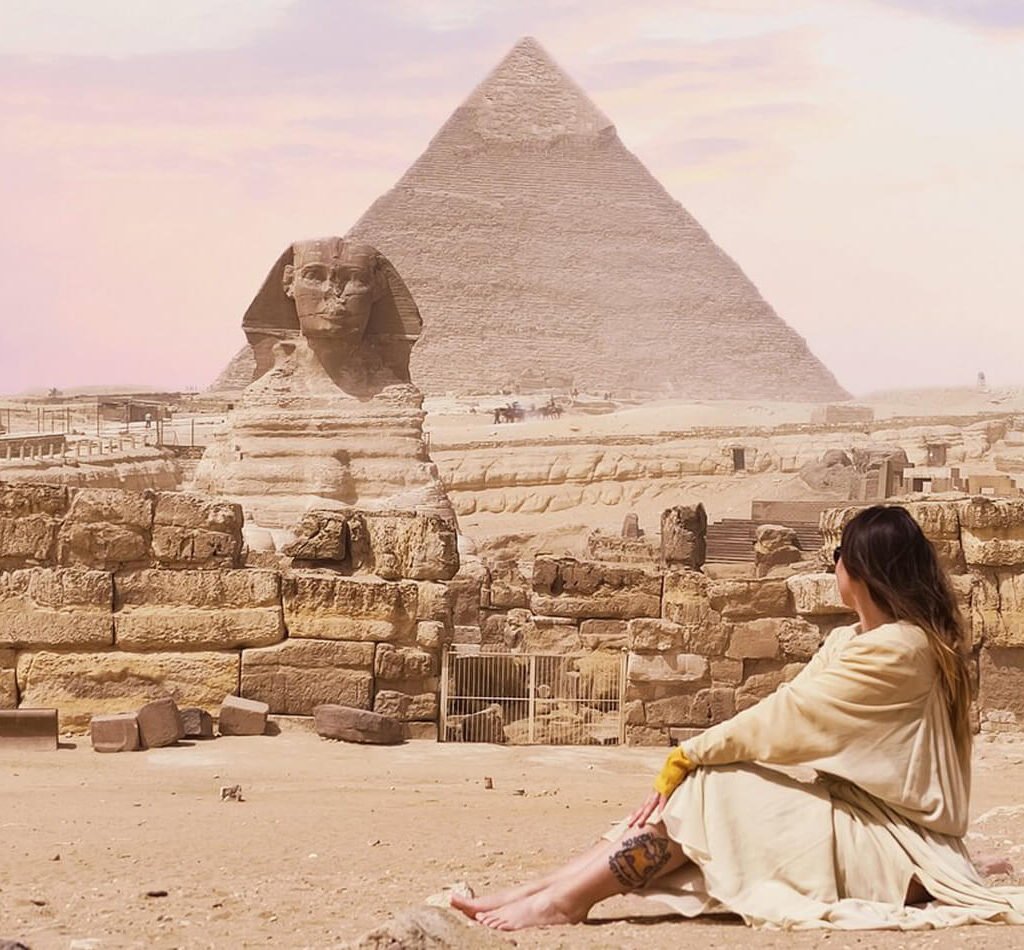
Health is important too. Drink bottled water and choose cooked veggies over raw salads. Tipping $0.50–$1 per service is nice. In Cairo or Luxor at night, stay in well-lit areas and join group tours.
Listen to your instincts. Egypt is ranked cautiously in the Solo Female Travel Safety Index. But, our group’s experiences showed that being prepared helps. Solo travel in Egypt is possible. Plan well, stay curious, and let Egypt’s wonders surprise you.
Traveling through Egypt requires careful planning. I’ve learned a lot about staying safe in Cairo and Luxor. Always check the UK’s FCDO and US State Department for the latest travel advice.
In Cairo, souqs like Khan el Khalili are lively but keep your belongings safe. Metered taxis at night are a good choice. In Luxor, visiting the Valley of the Kings and Karnak Temple is safer with a guide.
When I explored the Valley of the Kings, a local guide showed me the best paths. Always ask for a guide’s credentials to make sure they’re official.
Aswan’s Nile corniche is peaceful during the day. But, cross the river to Elephantine Island only with trusted tour operators. Avoid the Libyan border and North Sinai due to travel advisories.
The Western Desert roads, like Bahariya to Siwa, are best with a group or tour. My camel trip to the White Desert was amazing but needed permits and guides.
Health-wise, the CDC recommends hepatitis A shots and bottled water. I always carry a refillable water bottle. The Red Sea resorts like Sharm El Sheikh are generally safe, but check the FCDO for updates on Sinai’s eastern edge.
I’ve seen the sunrise at Abu Simbel and wandered through Cairo’s spice markets. Each moment showed me Egypt’s magic when you’re aware. The Safety Tips for Traveling in Egypt shared here are not barriers. They are tools to help you enjoy the Pharaohs’ legacy without fear.
Now, 70% of visitors feel secure, thanks to preparation and respect for local customs. This shows that being ready and respectful makes a big difference.
Guided tours are popular for a reason: they offer safety and cultural insights. Whether exploring the Western Desert or haggling in Luxor, trust your instincts. The Tourist Police at 126 and Ambulance 122 are always ready to help.
When tempted by camel treks or quad rides, check the operators’ safety records. Your adventure should be safe and fun.
Stay curious but be mindful. Saying “hello” in Arabic or showing respect for local traditions can make friends. Egypt’s charm might make you want to stay longer but always ask before taking photos. Some areas have restrictions for security reasons.
Leave room for spontaneity, but don’t forget your Egypt travel safety tips. Bring water for desert hikes, confirm tour gear rentals, and tell someone your plans. With 60% of tourists taking photos, remember some sights need permits.
Travel light but wisely. Carry copies of your passport, keep valuables safe, and trust your gut. Egypt’s stories are waiting, from the Black Desert to Aswan’s Nile sunsets. By balancing caution with curiosity, you’ll return with amazing stories of pyramids, kindness, and a deeper connection to this ancient land.
Read more related articles:
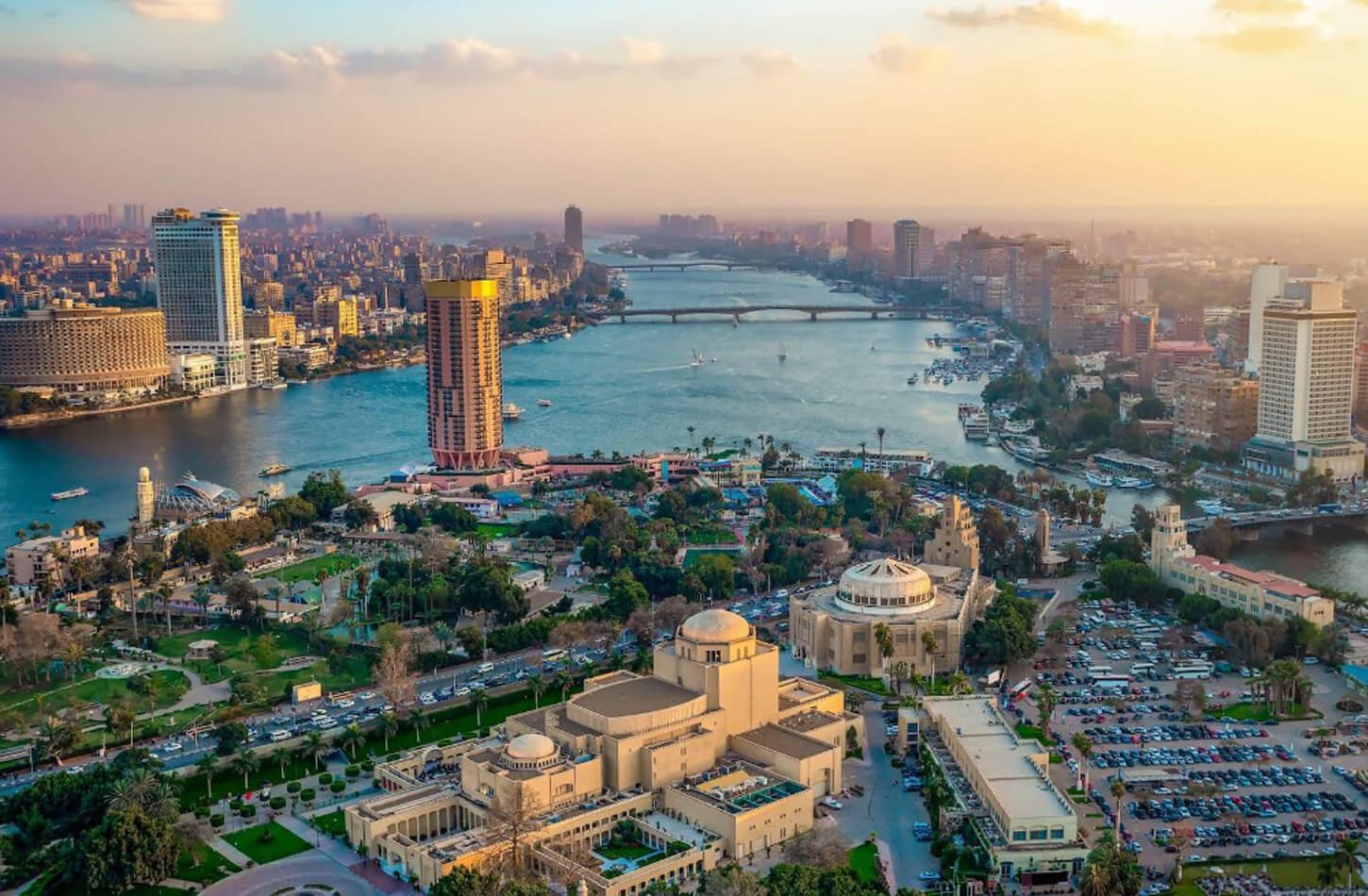
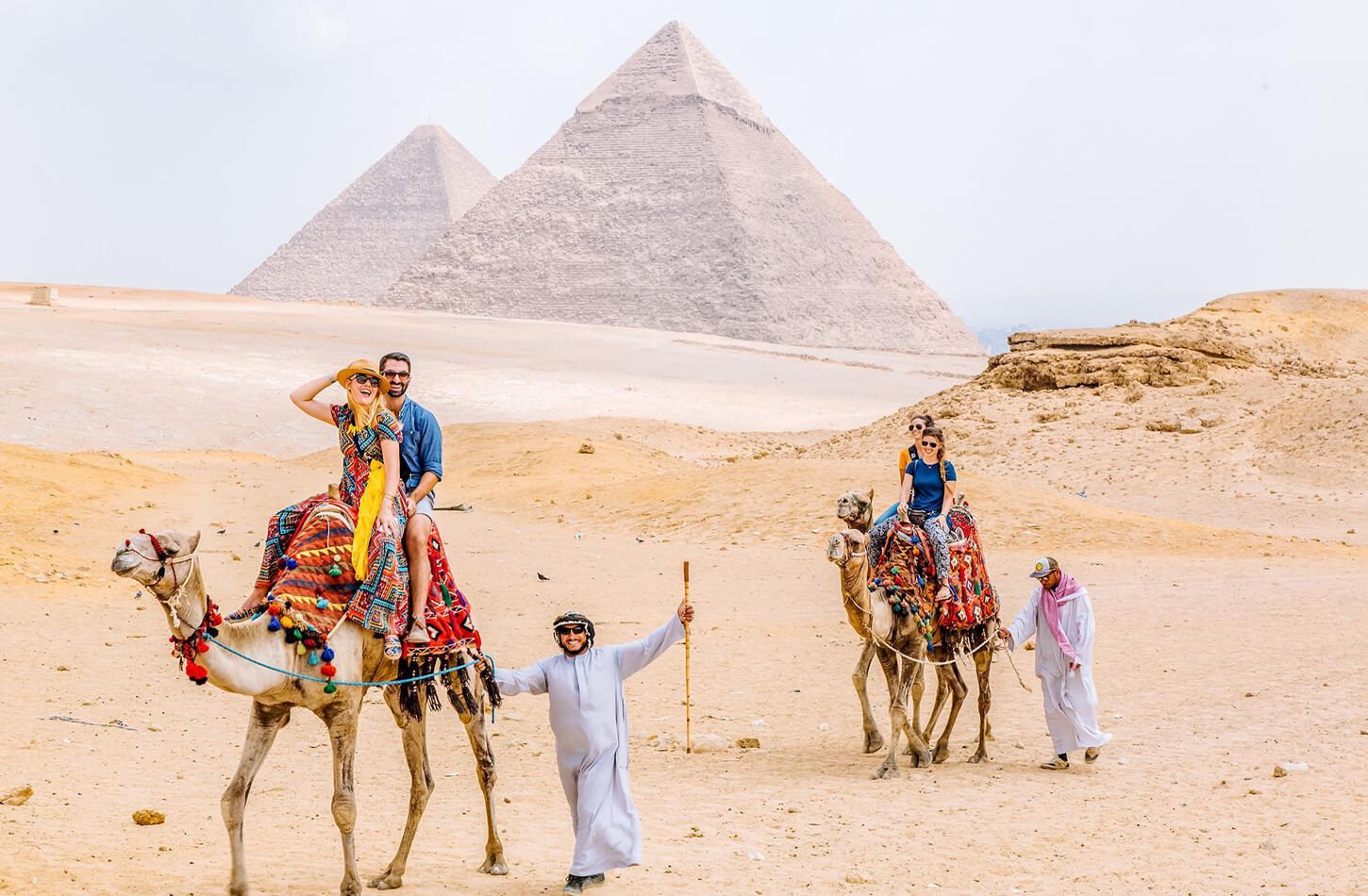
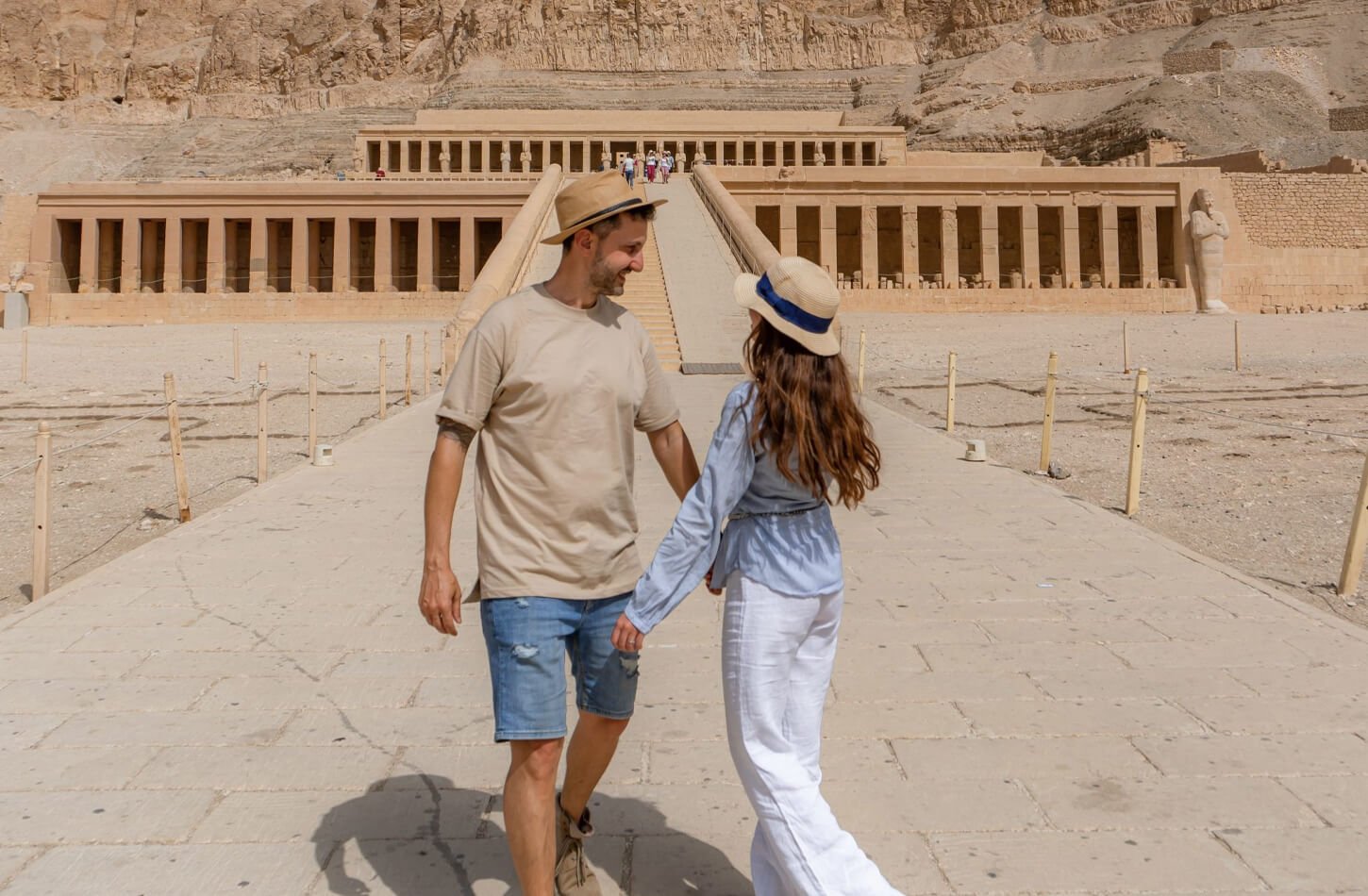
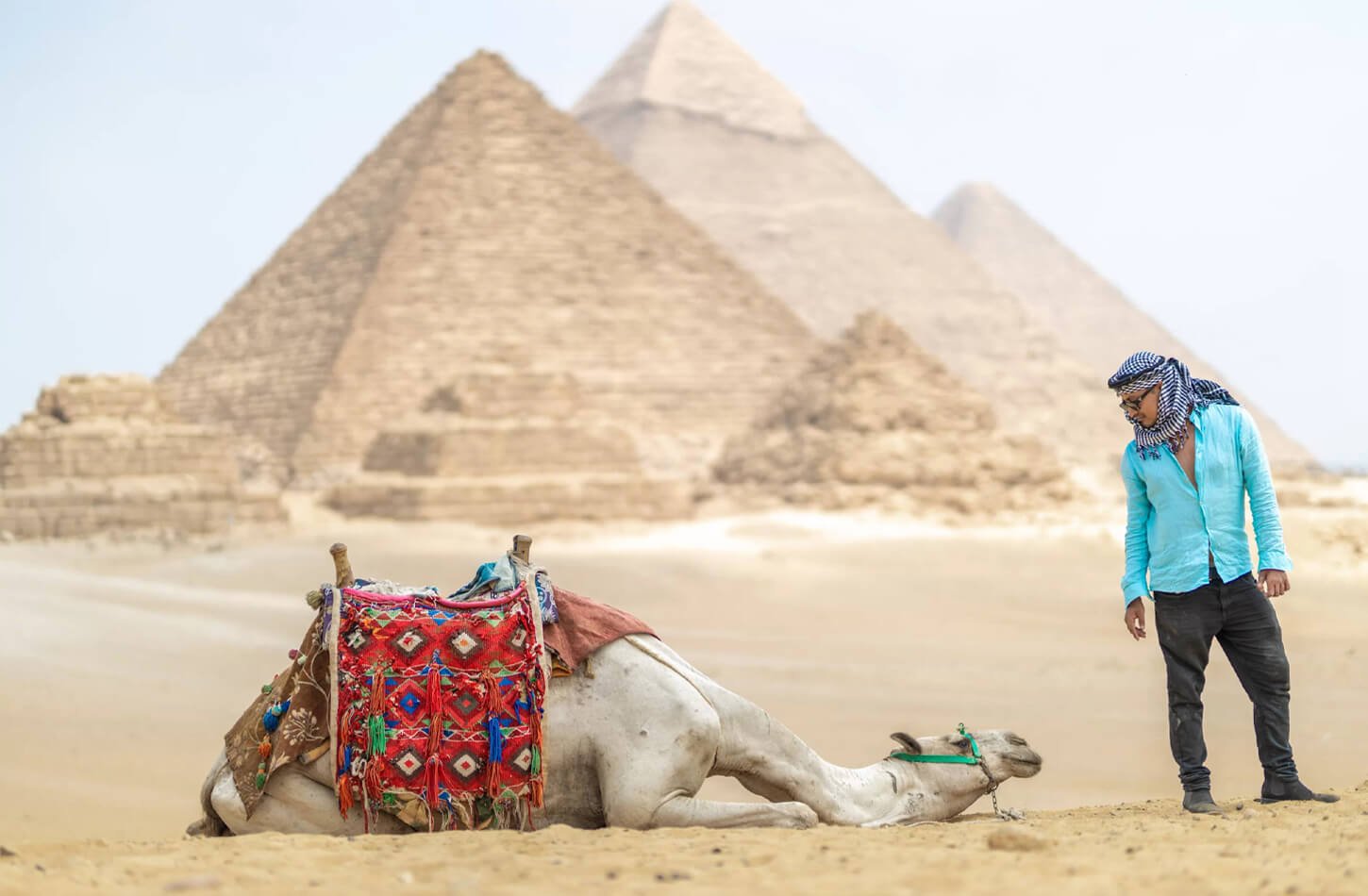
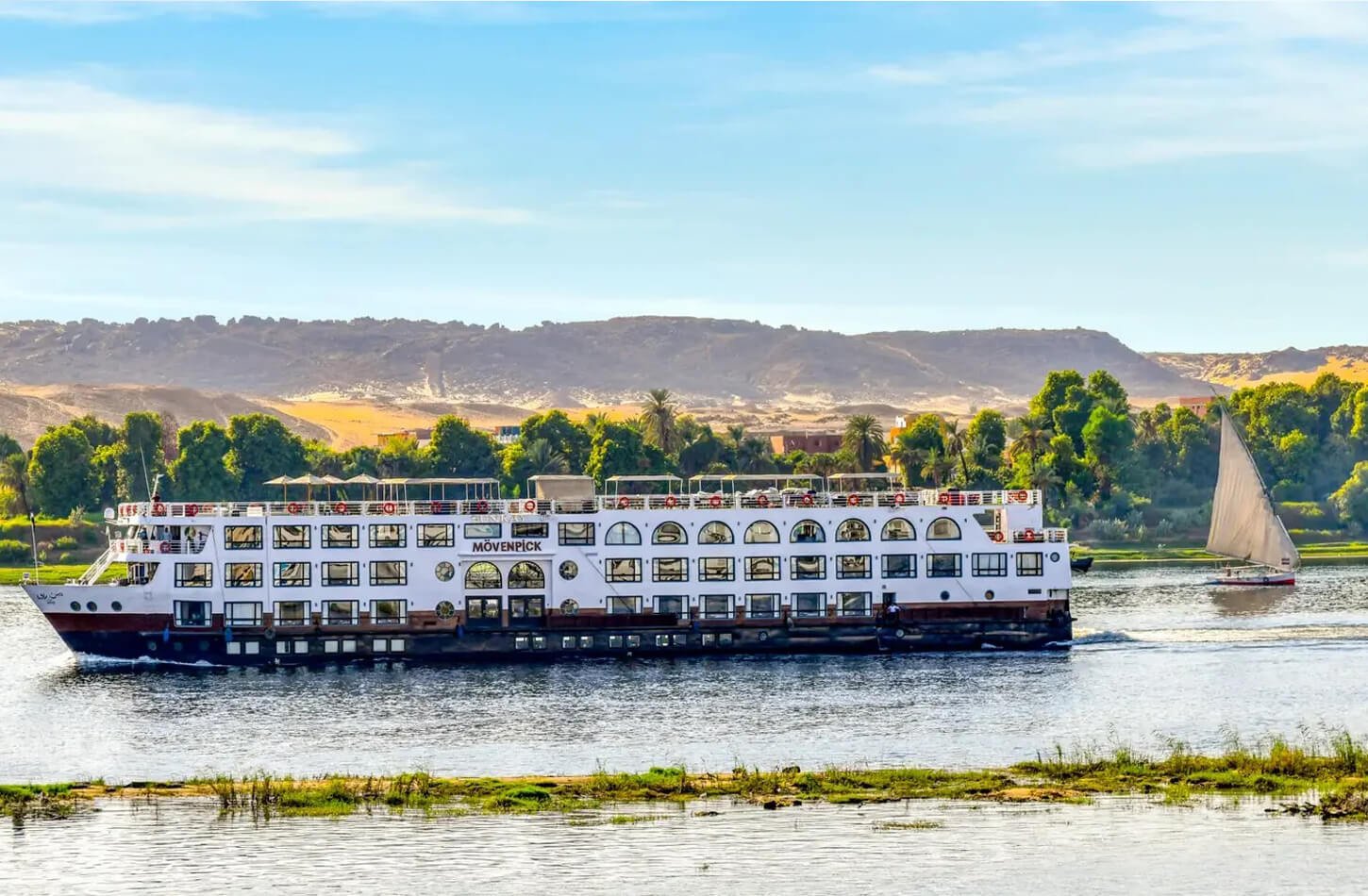
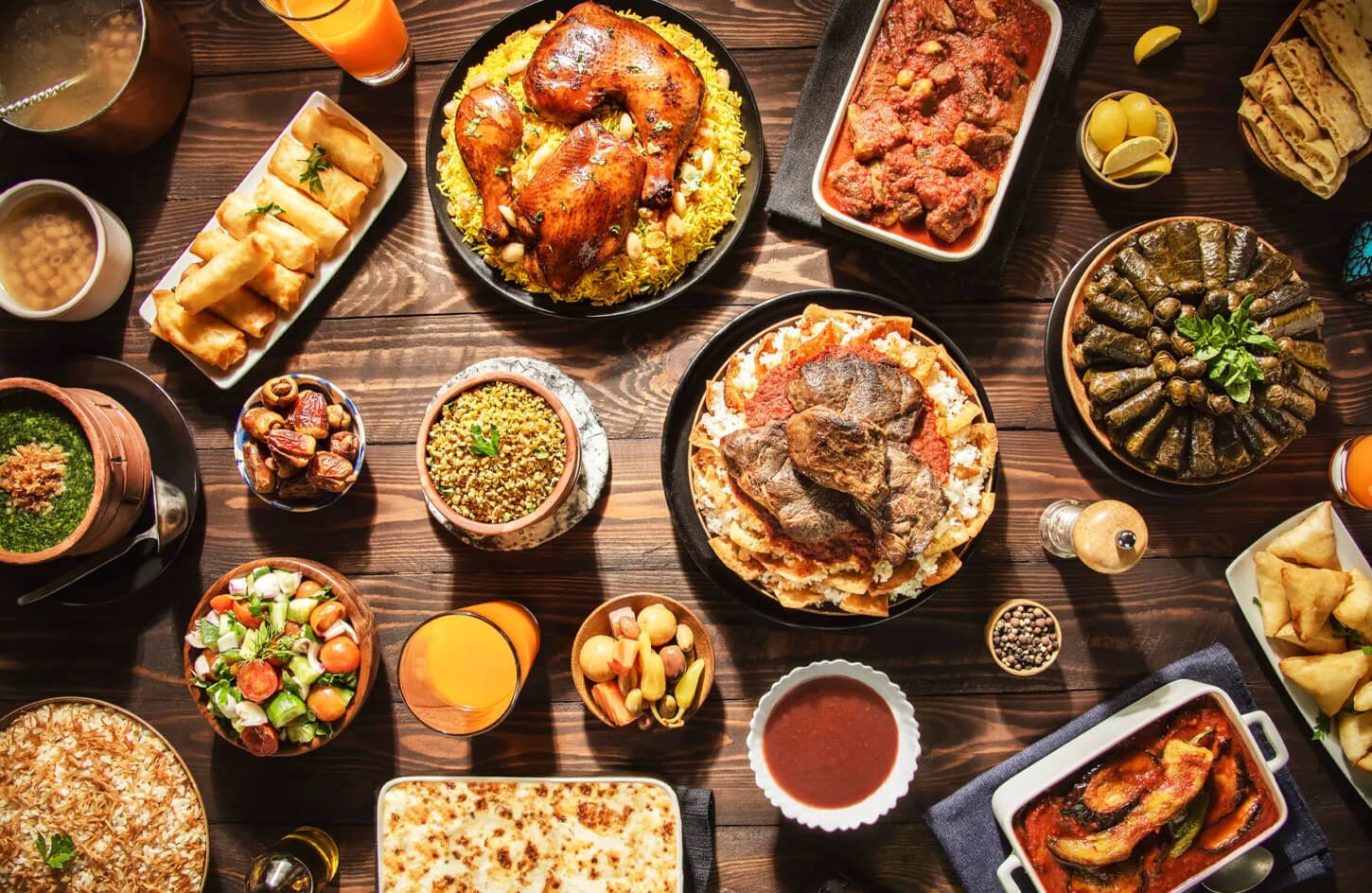
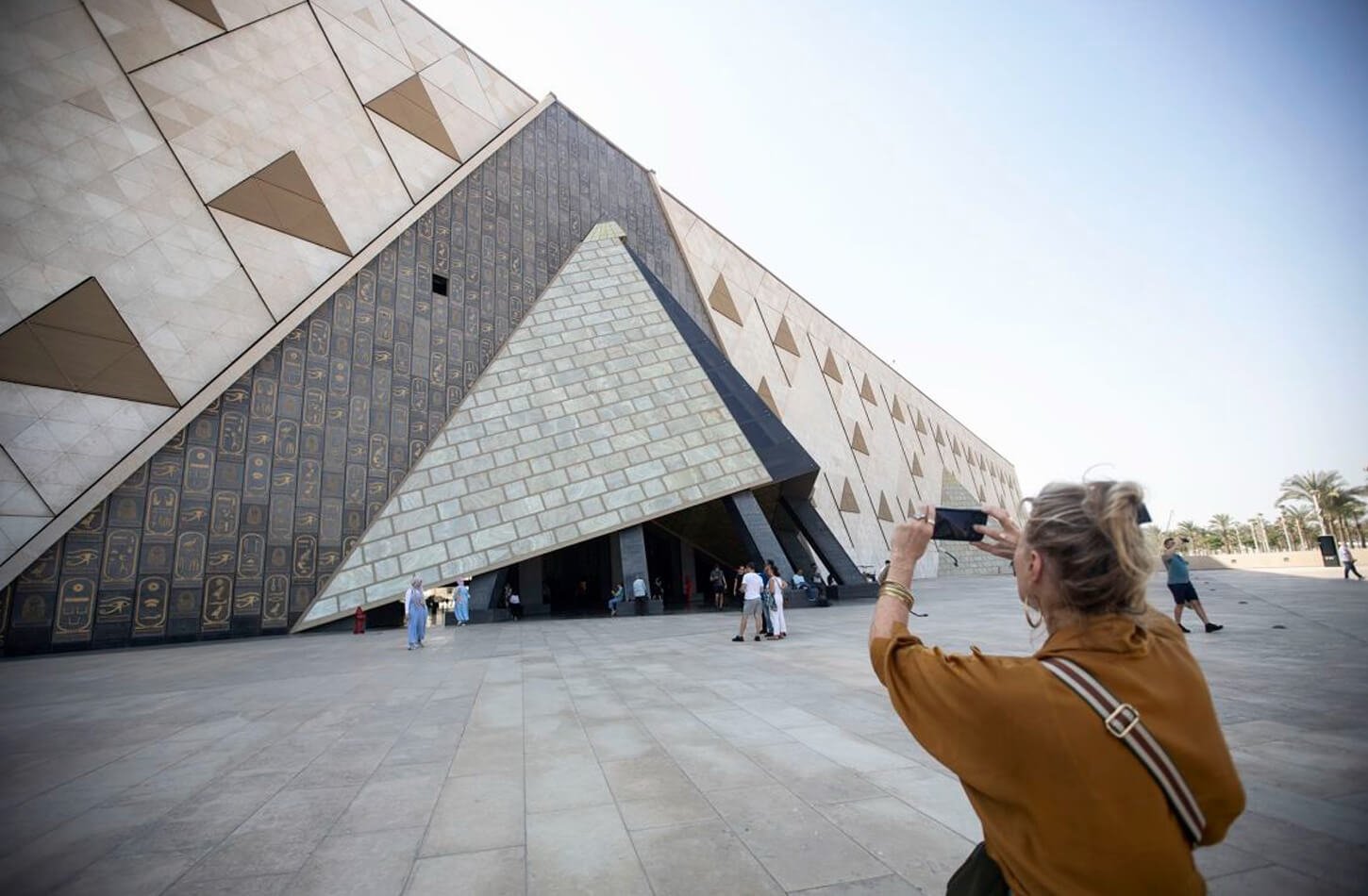
Don't just get there, get there in style.
Information
Follow Us
Payment channels
